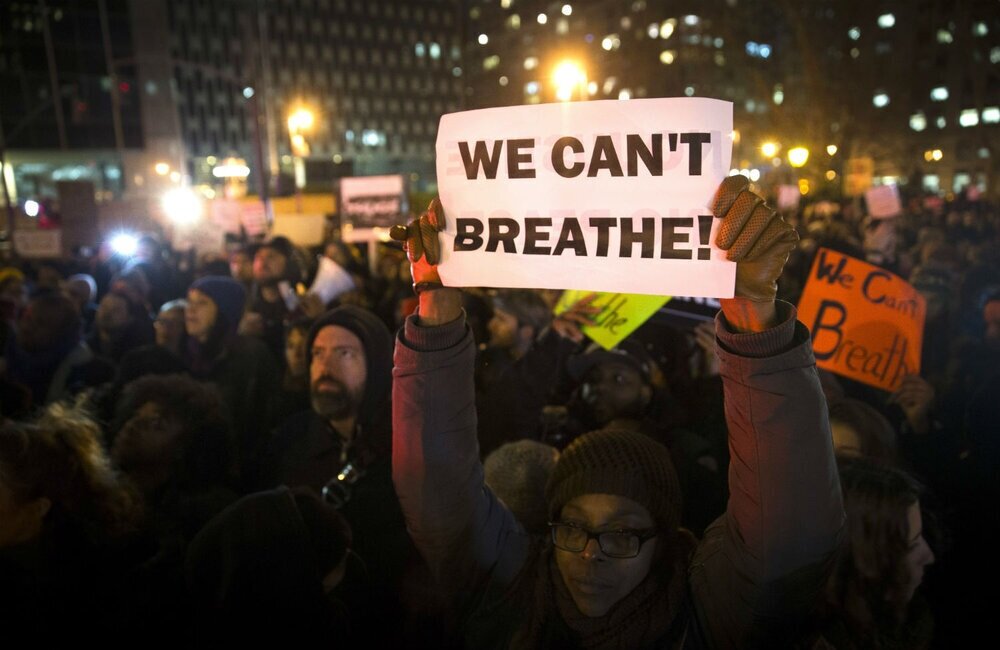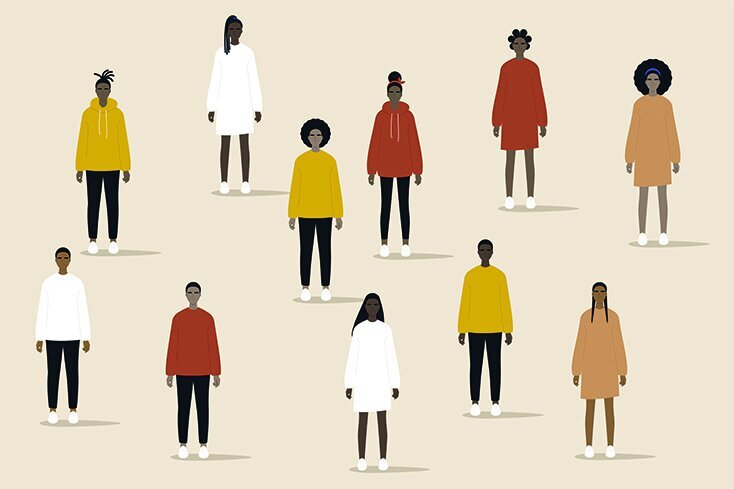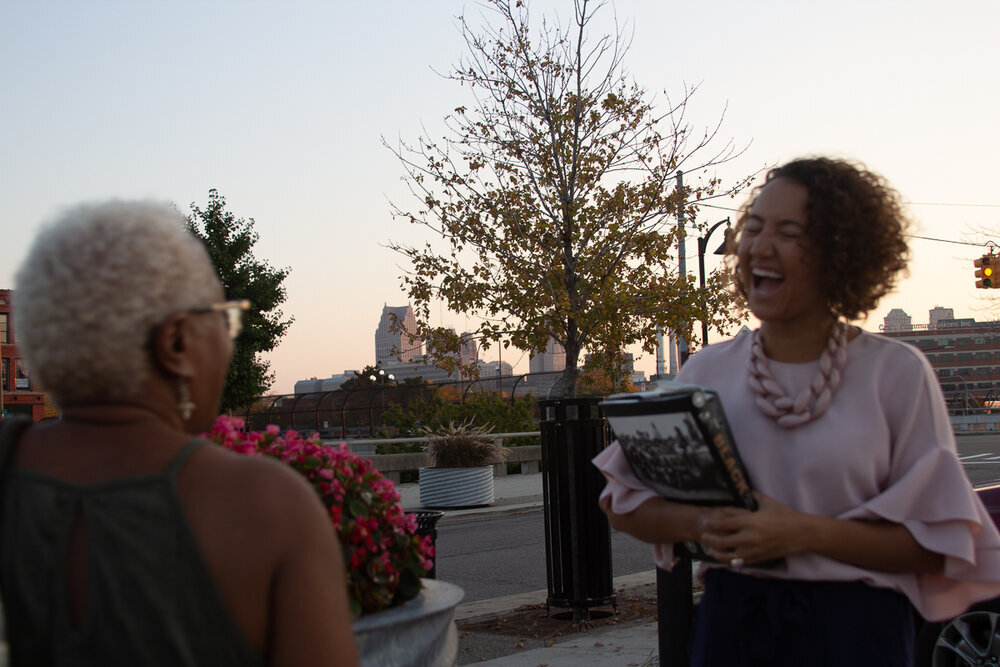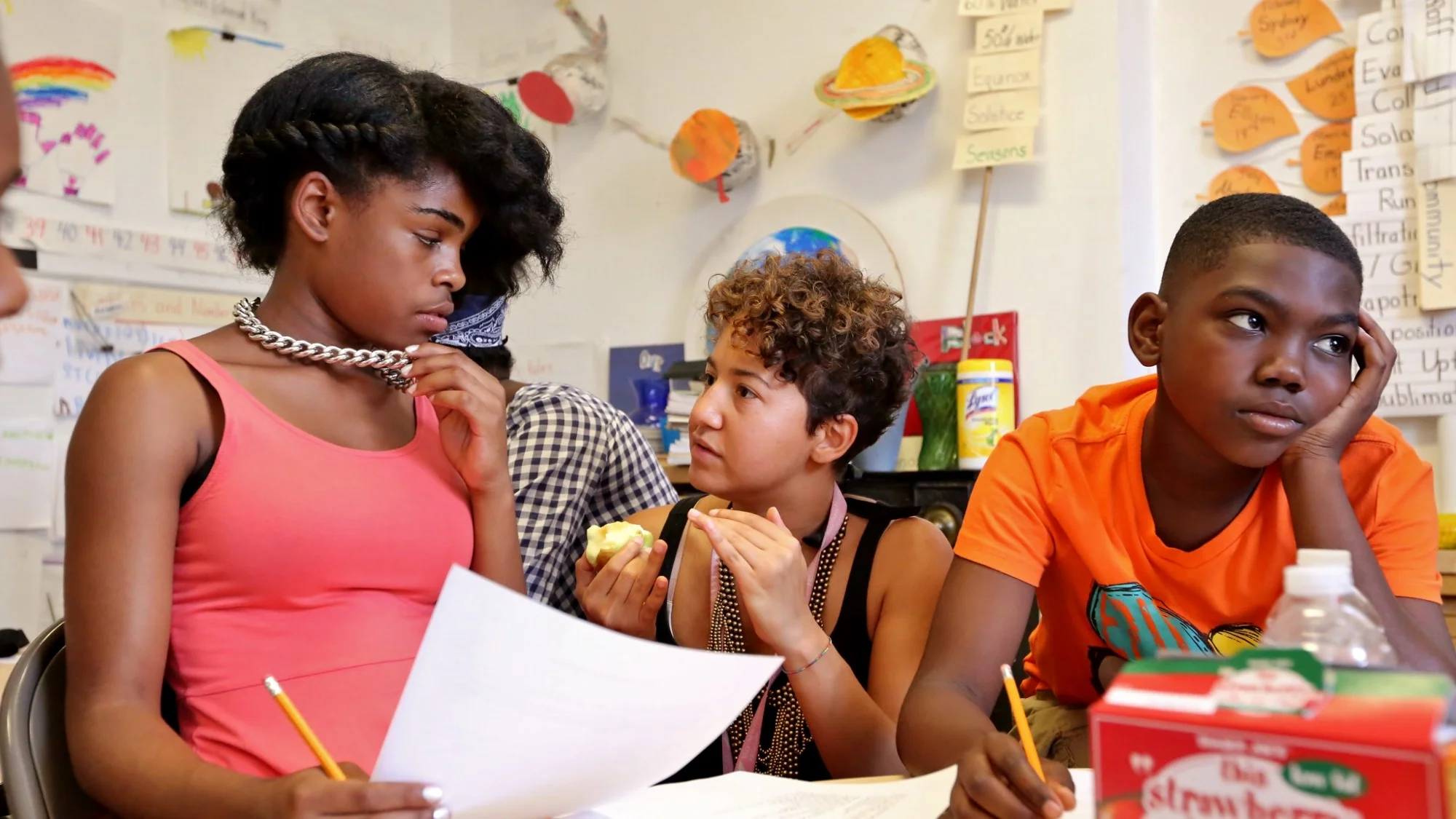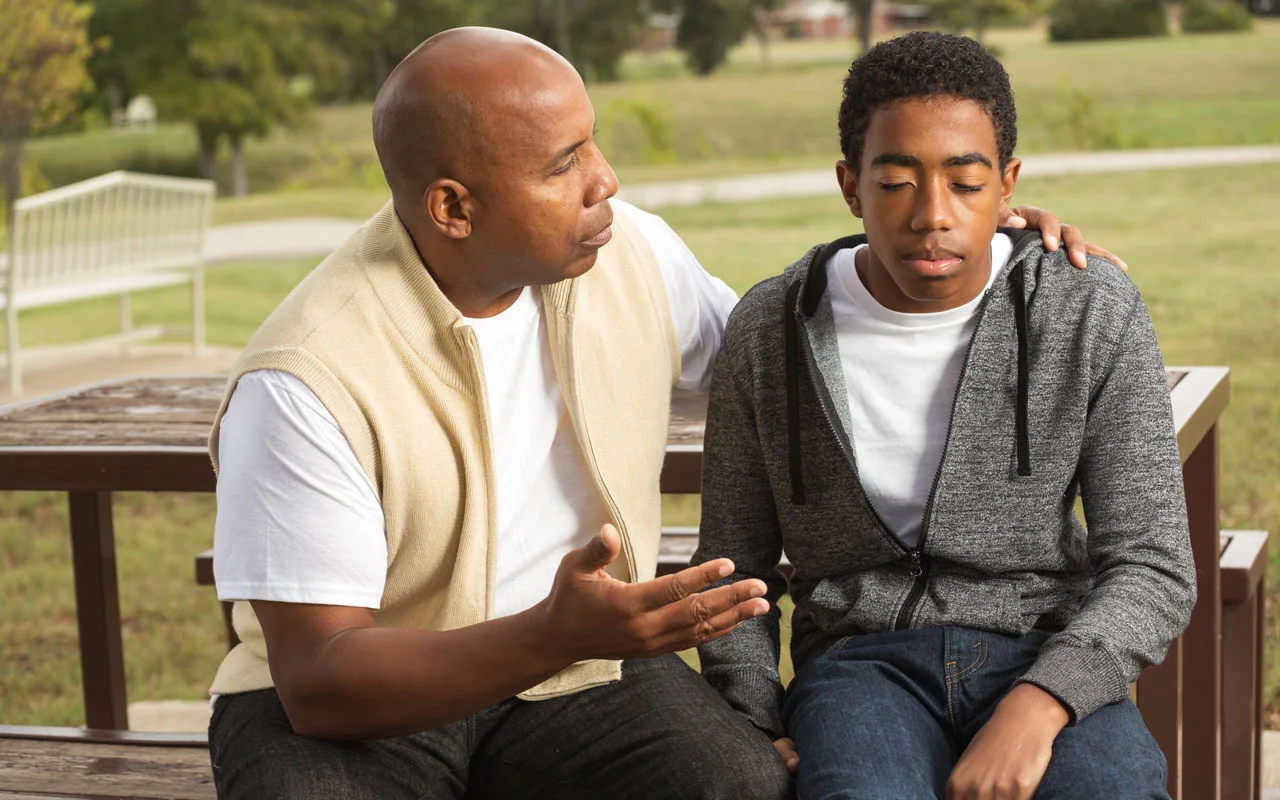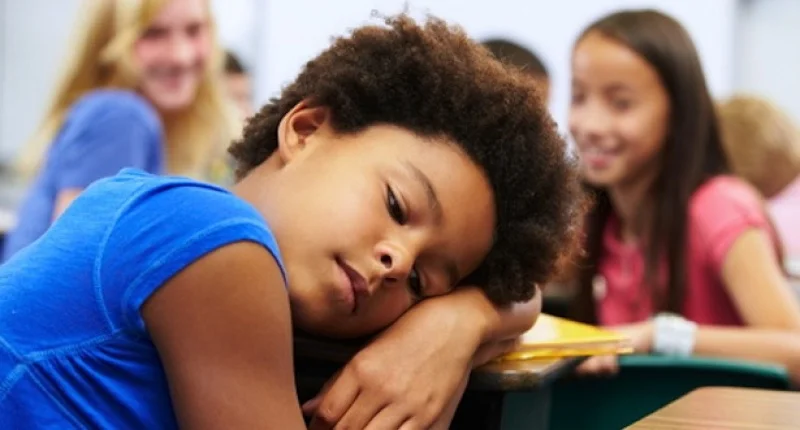Happy Birthday Trayvon: The Link Between Discrimination and Child Psychosocial Outcomes
On February 5, 2013, I thought about Trayvon Martin. After all, it would have been his 18th birthday, so it was only appropriate. But it was not just a day to consider his life; rather, his death and its impact on families.
As a researcher in a cultural and family studies laboratory, I think about the “Trayvons” of our society constantly. It was his untimely death that led my colleague, Saida Hussain, and me to consider the effects of discrimination on processes within low-income Black families. After developing a theory based on existing research, we found using a statistical model that discrimination reported by parents has a direct and indirect effect on children.
Read More
“That...is the real world. And our children need to know that that’s the world that they live in.”
I’m a traveler. I get on flights and, like most of us who have traveled on planes before, tune out the flight attendants as they give us the spiel on flight safety. (Though I glance up every now and then and smile because I want them to feel respected — kinda how I stay on the phone with the Democratic telemarketers long enough to say “thank you so much for calling — I can’t contribute today — have a wonderful day!”)
Read More
How does it feel? *D’Angelo Voice*
Y’all. We’ve been skating on this ice for a looooong time.
There have been numerous books, blogs, and (painful) instructional videosrelated to talking to children about race.
So I was really excited to watch PBS’s The Talk which aired this week, hoping that the show would focus on the painful emotions caused by police brutality for minority families.
While The Talk did add multiple perspectives to the dialogue (e.g., parents, police officers, and community members), there continued to be a blind spot that the documentary did not redress.
Given that there is no one right way to stay ‘unshot’ around police officers, what on Earth does it feel like to have to talk to your kids about such racial encounters?
Read More
Why “I Am Not Your Negro” just snatched my entire life
[Feb 8, 2017]
I was really looking forward to seeing Raoul Peck’s take on James Baldwin’s words. I was NOT anticipating leaving the theater as a ghost, as my entire life was taken from me during the 90-minute visual and auditory masterpiece that is “I Am Not Your Negro”.
While there are many parts one could wax poetically about, one particular aspect became clear to me in the juxtaposition of old clips and new images presented by Peck.
In a clip from a 1920’s motion picture (the name has escaped me), a White slave owner is in the field playing hide-and-seek with Black slave girls. After the girls “surprise” the owner, they form a circle around her and play ring around the rosie.
If this distortion of slave times was not already disappointing to me, what appeared on the screen next made me consider just how purposeful this imagery was to rewriting history.
Read More
Sanctioned Intolerance
[Feb 6, 2017]
The presidential election of 2016 was an unprecedented battle between two unlikely contenders. In one corner, a political veteran who, like many other seasoned career politicians, had an assorted history with stances on major issues (e.g., criminal reform, etc.). In the other, a businessman who had influenced politics (e.g., the “birther movement”, etc.) but had never formally made his way into the ring. In the divisiveness that marked the election, rhetoric of yore was regurgitated as were new promises for the improvement of our nation.
In the weeks after the election, the process of “unifying” our nation was set to begin. The winner of the electoral college vote attempted to hush chants at rallies and pull back on the hyperbole of campaign promises to reduce the extremism launched on the election trail of the prior year.
Read More
Bring back the experts.
[Dec 3, 2016]
As a senior in college, I remember hearing Faheem Rashad Najm on the radio and scrunched my face. His interesting use of “auto-tune” was surely a gimmick I thought. Even though Teddy Riley graced us with a few jams where some lines were altered by a voice box, I had never heard a full song with this pixelated sound before. As Faheem — better known as T-Pain — came out with more songs, I thought surely someone will stop this blatant disrespect of what we call singing.
Jay Z clearly heard my request and dropped Death of Autotune (DOA) a few years later. I knew that his expertise in the field would stop all the foolishness masked as vocal talent.
Welp, 7 years after DOA, T Pain continues to bless our ears with the pitch-corrected melodies that confused me way back in undergrad.
Read More
“That’s mine”: Sexual assault is no laughing matter
[October 8, 2016]
When I was 13 years old, I somehow convinced my mother that going to teen night at “The Warehouse” in Detroit was an okay thing to do. I guess because I was a good student, involved in theater, and wore braces, there wasn’t much to worry about.
She told me clearly to watch my cup (read: water) at the bar and make sure no one put anything in it.
I was on the dance floor having a good time and dancing with friends. When a guy started dancing with me, I was probably as giddy as any new high school kid would be and got into the “Ghetto Tech” jams of Detroit yore.
Read More
What if HE Becomes President?: The Adolescent Take on Today’s Politics
[Feb 6, 2016]
I study racism. I have spent a lot of time talking with children this year about what I do. And, like clockwork, they always end up shocking me with the knowledge they have about the subject matter.
“So, who knows what racism is?” I’ll ask the bright-eyed five to eighteen year olds I encounter in career days and panels.
Hands fly up.
“Trayvon! And Trump!”
Sigh…
I understand how the majority of Black people may not vote for, or heck, even like a certain presidential candidate. Given President Obama’s ability to command 95% and 93% of the Black vote in the respective prior elections, I imagine it challenging for any candidate, even a fellow Democrat, to match his connection to the Black community.
Read More


